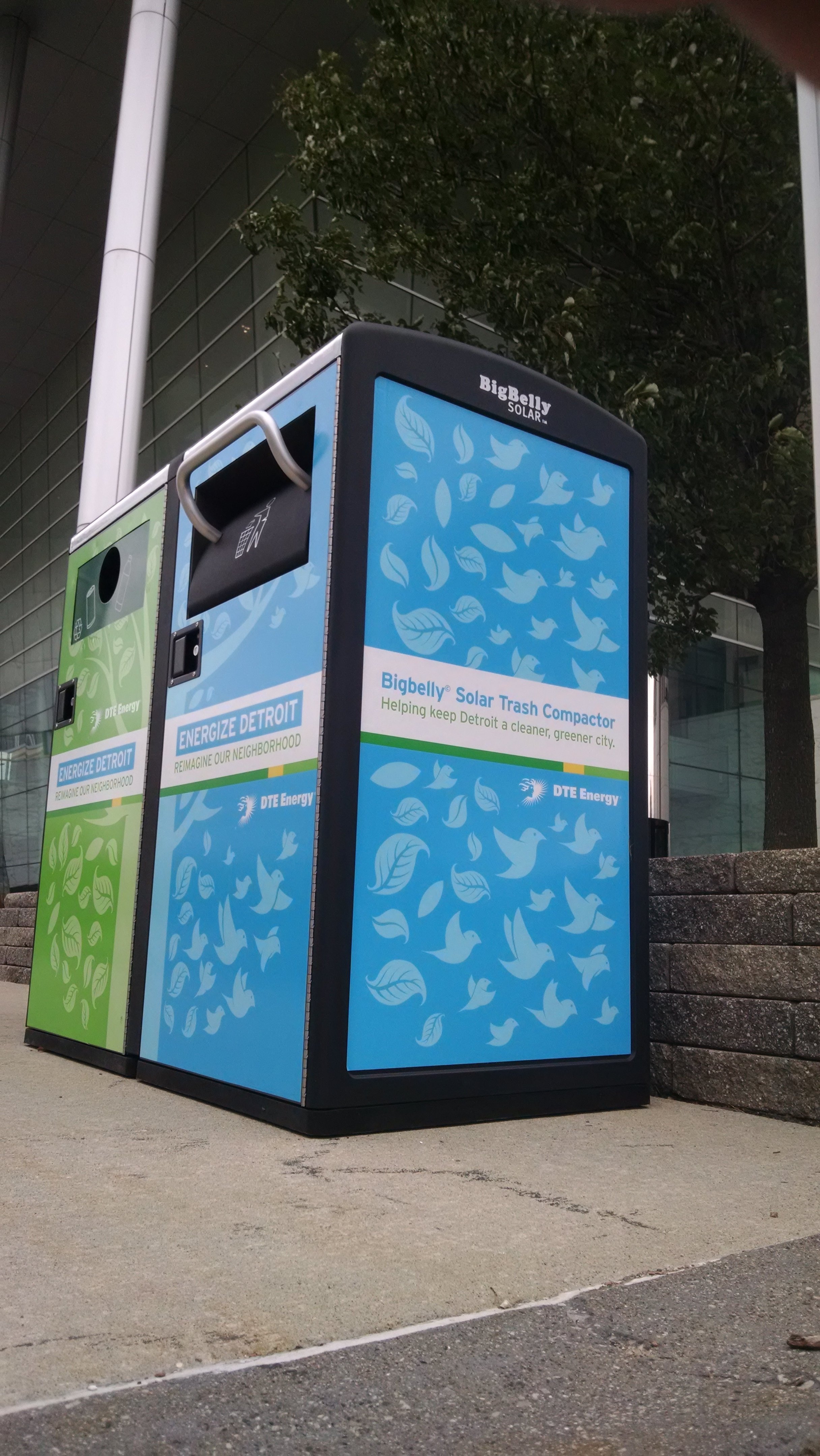The Global Smart Waste And Recycling Bin Market
In recent years, the issue of waste management has gained increasing attention, as the world continues to struggle with growing waste volumes and the environmental impact of poor waste management practices. To address this challenge, smart waste and recycling bin projects have emerged as a promising solution, leveraging cutting-edge technologies to help streamline waste collection and reduce environmental pollution. In this blog post, we will take a closer look at some of the notable smart waste and recycling bin projects around the world, discussing their successes and challenges and identifying key trends in the emerging market.
One of the most successful smart waste bin projects can be found in Singapore, where the government has invested heavily in smart waste management infrastructure over the past decade. The project, known as the National Environment Agency’s (NEA) Smart Waste Management System, is a network of over 400,000 smart waste bins that use real-time data analytics and machine learning algorithms to optimize waste collection routes and reduce waste volumes. The bins are equipped with sensors that detect when they are full and automatically trigger waste collection, minimizing the need for manual monitoring and improving efficiency. The project has been praised for its effectiveness, reducing waste collection costs by up to 50% and cutting down on greenhouse gas emissions by over 200,000 tons per year.
Another noteworthy smart waste bin project is the Bigbelly system, developed by the US-based company of the same name. The Bigbelly system which costs upwards of $6,000USD per unit, is a smart solar-powered waste bin that uses sensors to detect when it is full and compacts the waste inside to create more space. The bins also come equipped with Wi-Fi connectivity and sensors that can detect temperature, humidity, and other environmental factors, providing valuable data for waste management authorities. The system has been deployed in cities around the world, including New York, Paris, and Sydney, and has been successful in reducing the frequency of waste collections, as well as cutting down on litter and improving public hygiene.
In addition to these large-scale projects, there are a number of smaller companies that have made strides in establishing a smart waste and recycling bin market. For example, the Swedish company EWF ECO has developed a smart waste bin that uses artificial intelligence to sort and recycle waste in real-time, identifying and separating different types of materials and sending them to the appropriate recycling facilities. The company’s innovative technology has been recognized with several awards, including the prestigious EU Innovation Radar Prize in 2019.
Despite the success of these and other smart waste and recycling bin projects, there are still a number of challenges that need to be addressed in order to fully realize the potential of this emerging market. One of the biggest challenges is the lack of standardization in the industry, with a wide variety of technologies and approaches being used by different companies and municipalities. This can make it difficult for waste management authorities to compare and evaluate different systems, and may limit the scalability of smart waste management solutions.
Another challenge is the high upfront costs associated with implementing smart waste and recycling bin projects. While the long-term cost savings and environmental benefits of these systems are clear, many municipalities and waste management companies may be hesitant to invest in new technology without clear evidence of its effectiveness. In addition, there is a need for adequate infrastructure and support systems to ensure that these technologies are properly maintained, monitored, and updated.
Despite these challenges, the market for smart waste and recycling bins is expected to grow rapidly in the coming years, driven by increasing environmental awareness, government support for sustainable waste management solutions, and advancements in technology. According to a report by MarketsandMarkets, the global smart waste management market is projected to reach $2.2 billion by 2025, growing at a compound annual growth rate of 16.6%.
Looking ahead, key trends in the smart waste and recycling bin market include the integration of artificial intelligence and machine learning to improve waste sorting and recycling, the use of blockchain technology to create transparent and traceable waste management systems, and the adoption of mobile and cloud-based waste management platforms for greater accessibility and convenience.
In conclusion, smart waste and recycling bin projects are a promising solution to the growing challenge of waste management, leveraging technology to improve efficiency, reduce costs, and minimize environmental impact. While there are still challenges that need to be addressed, the emerging market is poised for significant growth in the coming years, and is likely to play a key role in shaping the future of waste management worldwide.




